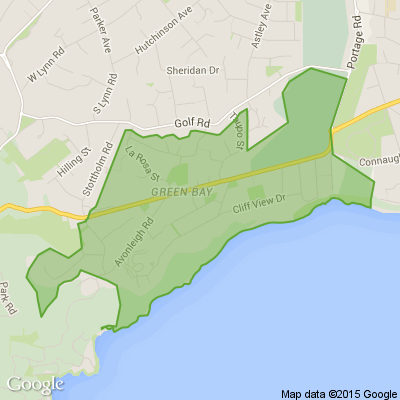Migrant applies for 400 jobs before he finally got one
A migrant from Malaysia applied for 400 jobs and had 21 interviews before he finally got a job - and now he's warning other new arrivals to upskill on Kiwi lingo and is urging employers to welcome cultural diversity. Alex Tan has spoken out after the release of research from employment and training organisation, Twin, found nearly 40 per cent of interviewers in the UK would not progress a candidate based on their lack of ability to communicate confidently and the quality of their voice. A New Zealand recruitment consultant and a frontline advocate for migrants believe the situation is similar here. The 47-year-old Tan, who moved to Auckland in February, found employment only after eight months and sending out hundreds of applications. Tan, who lives with his partner and child, is a strategy consultant who helps businesses identify opportunities for growth. He said he was told at many interviews that he was either overqualified or lacked Kiwi experience. "I was quite surprised because I've worked in different types of businesses and organisations and have international experience." Tan said some Kiwi slang and phrases still sounded foreign to him, but he did not think this was the only reason he wasn't being offered jobs. "There's still a very village mentality among employers here, and getting jobs is about who you know rather than what you know. "I guess some employers are not too comfortable about offering jobs to people that are too different to themselves." His struggle to find work had put a strain on the family's finances."My advice to anyone wanting to migrate to New Zealand is to ensure they have enough savings to at least last them a year," Tan said. AUT University Professor of Diversity Edwina Pio said migrants should learn to speak and understand Kiwi slang if they wanted to increase their chances of finding employment. She believed it was legitimate for employers to expect would-be employees to be able to speak Kiwi English and understand the mannerisms and nuances of the language as it is spoken here. She said it was up to migrants and refugees to "come to the game" if they wanted to better their chances. "I think it's a legitimate request particularly when there are so many small organisations in New Zealand, their margins are thin and they do expect to make some small profits," Pio said.
"So we cannot expect a high degree of altruism from these employers towards refugees and migrants unless they also pull up their socks, and come to the game and really speak English the way it's done here in New Zealand."
Pio, a migrant herself, said new settlers should make an effort to familiarise themselves with Kiwi slang and phrases. "For example the meaning of 'sweet as' or 'cheers', the equivalent of thank you, or 'good day' or 'mate' or 'girlfriend' - it doesn't mean, in these instances, perhaps the meaning that would be there in their source countries," Pio said. Migrants should take advantage of free English language courses, Pio said. "Consider it a priority and [a way of giving] back to the country for the privilege of living here. "It works both ways, there has to be a dignity discourse on both sides and not only on the part of the employer and the broader society ... after all, it takes two hands to clap." Senior recruitment consultant Amber Wilson said, "The ability to be able to communicate your personality, strengths and ambitions" played a major part in an interview. And Dr Margriet Theron, president of the Rotorua Multicultural Council, said she regularly encountered migrants struggling to find work. She said programmes like "Professional speaking for migrants" and "English for speakers of other languages", run by Speech New Zealand helped. These were endorsed by Immigration New Zealand and Theron said receiving an accredited qualification for completing the courses would show employers the person could communicate effectively. Speech New Zealand said the UK survey showed the reason migrants didn't get jobs was because employers preferred workers who spoke English as a first language. "While the idea of cultural diversity is trending among organisations, employers are still hesitant to take on individuals whose first language isn't English," Speech New Zealand said.
==========================================================
What's your favourite tomato recipe?
Kia ora neighbours. We know your tomato plants are still growing, but we're looking ahead to the harvest already! If you've got a family recipe for tomatoes, we'd love to see it and maybe publish it in our magazine to share with our readers. Send your recipe to mailbox@nzgardener.co.nz, and if we use it in the mag, you will receive a free copy of our February 2025 issue.

Poll: When should the tree go up? 🎄
From what we've heard, some Christmas trees are already being assembled and decorated.
What are your thoughts on the best time to get your Christmas tree up?

-
5.1% Second half of November
-
44.3% 1st December
-
16.8% A week before Christmas
-
32.5% Whenever you wish
-
1.3% Other - I'll share below
Unlock Your Inner Detective: Today’s Riddle Awaits!
What gets wet while drying?
Do you think you know the answer to our daily riddle? Don't spoil it for your neighbours! Simply 'Like' this post and we'll post the answer in the comments below at 2pm.
Want to stop seeing riddles in your newsfeed?
Head here and hover on the Following button on the top right of the page (and it will show Unfollow) and then click it. If it is giving you the option to Follow, then you've successfully unfollowed the Riddles page.








 Loading…
Loading…




















